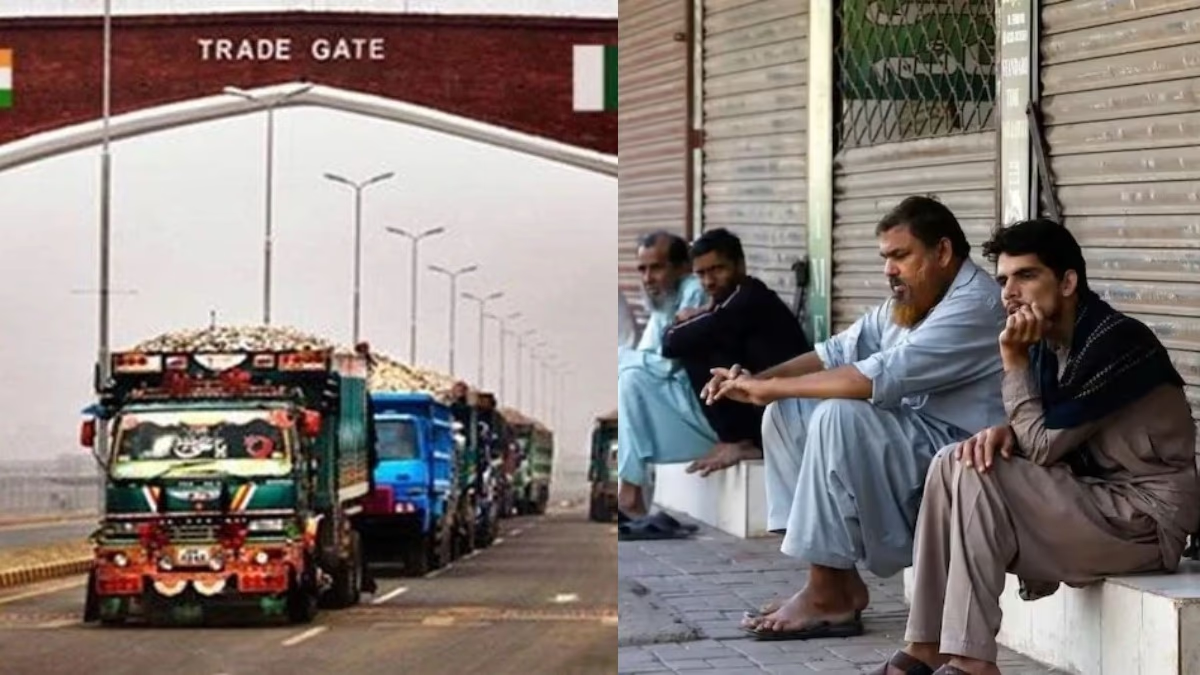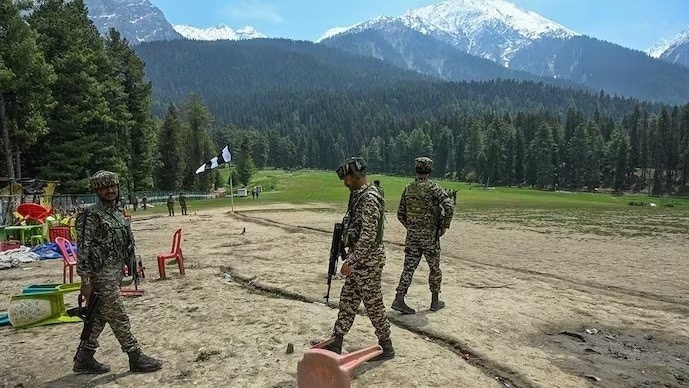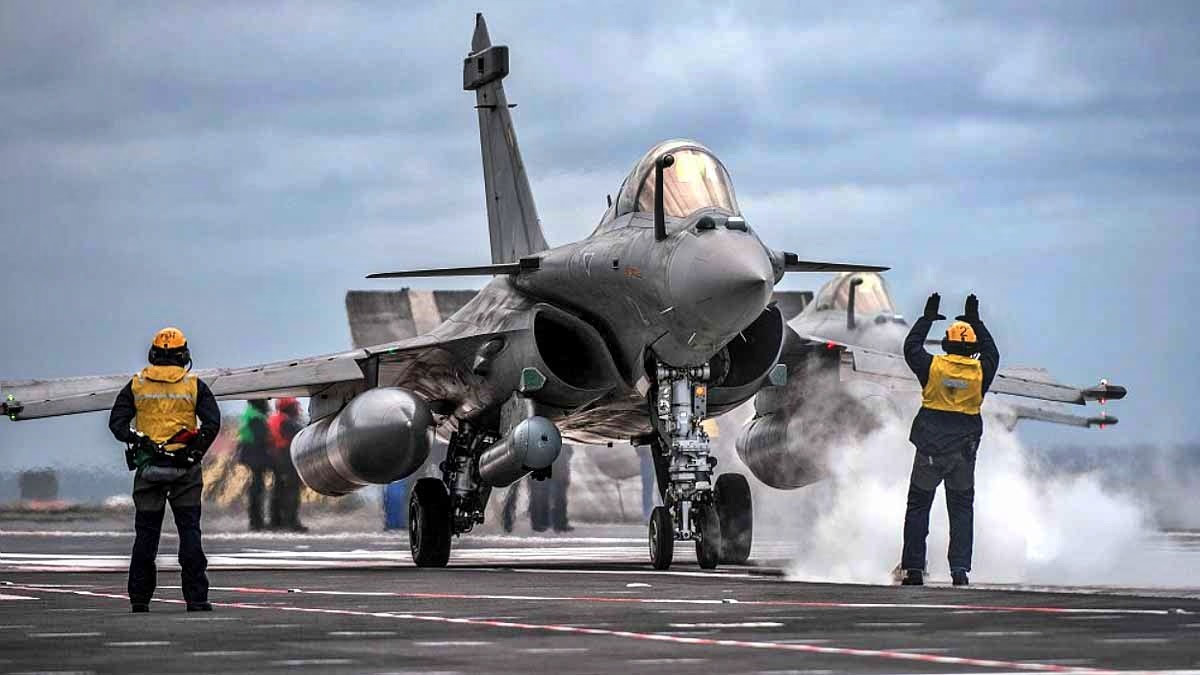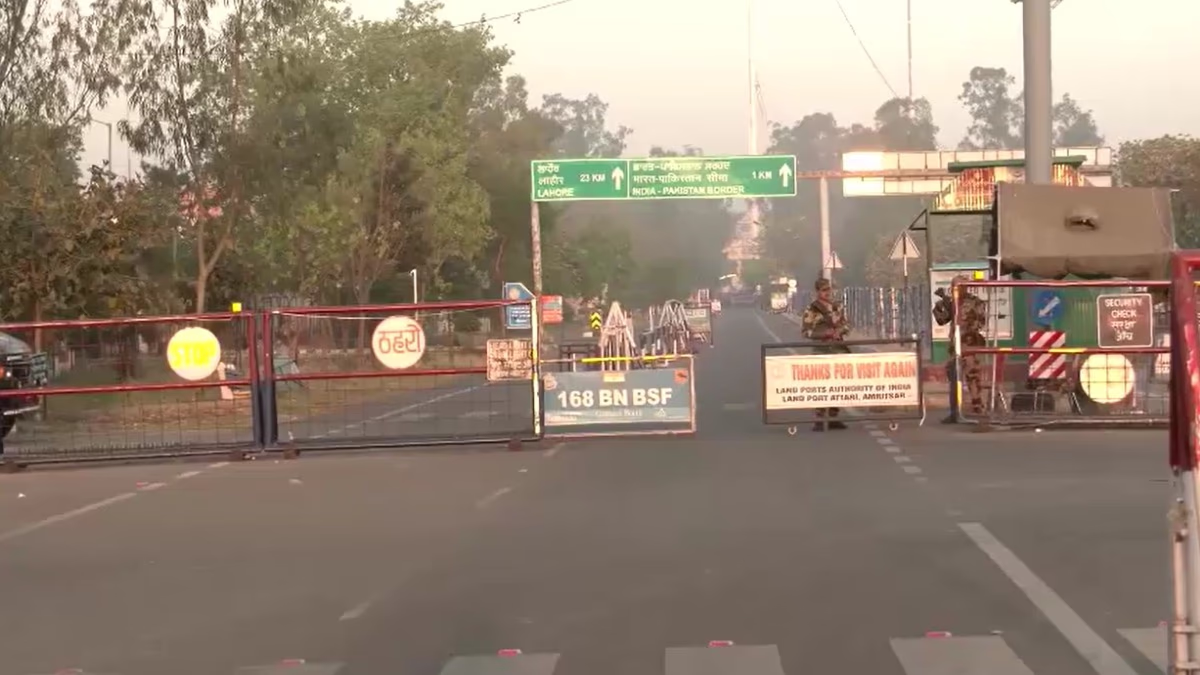Tensions between India and Pakistan have escalated following the Pahalgam Terror Attack. India's immediate decisions post-attack have left Pakistan struggling to cope, as bilateral trade worth approximately 380 billion rupees is set to come to a halt.
With inflation already impacting Pakistan heavily, procuring essential goods from India such as medicines and day-to-day necessities could become an arduous task, leading to significant price hikes.
Crucial Trade Worth Over 380 Billion Rupees Stalled!
According to reports, last year, bilateral trade worth 38.38 billion rupees occurred through the Attari-Wagah Border between India and Pakistan. These figures include goods routed through Pakistan from Afghanistan and other countries. In light of the Pahalgam Terror Attack, India's decision to close checkposts at Attari will put a full stop to this trade.
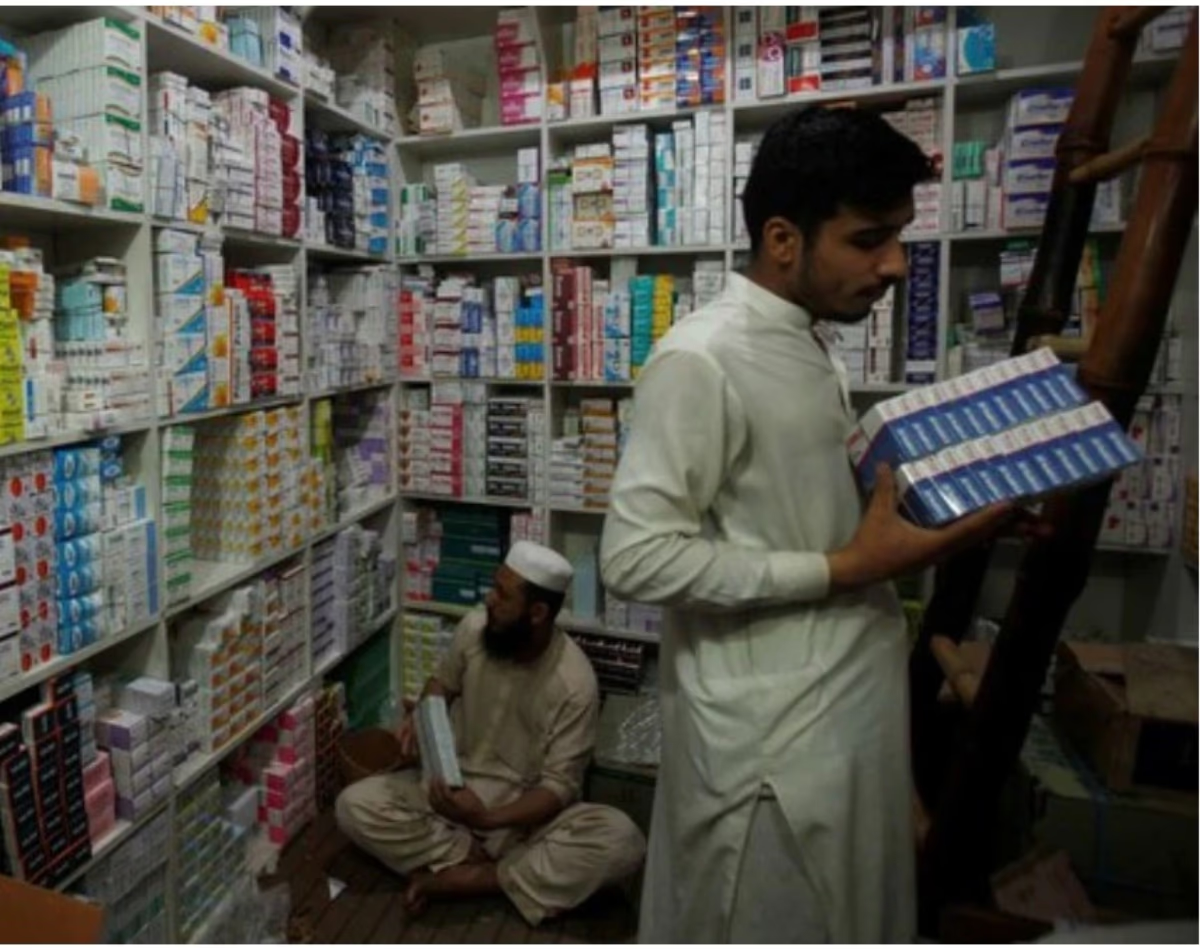
Source: aajtak
Dwindling Supplies in Pakistan
India has been exporting a substantial amount of pharmaceuticals, chemicals, fruits, and vegetables to Pakistan. Conversely, Pakistan provides items like dry fruits, gypsum, and rock salt to India. With borders now sealed, shortages of essential goods in Pakistan are inevitable, likely causing prices to skyrocket further amid inflation.
A report cited by India Today suggests that Pakistani health officials have initiated emergency measures to secure drug supplies in response to the suspension of trade relations. Currently, Pakistan relies directly on India for 30% to 40% of its pharmaceutical raw materials.
How Long Can Pakistan Endure?
Pakistan has been grappling with a prolonged economic crisis, frequently seeking aid from the IMF and World Bank. While there's been some recovery seen in government funds, it remains insufficient to address the ongoing issues. Pakistan's foreign currency reserves stand at about 15.75 billion dollars, while India's forex reserves are 686.2 billion dollars. With an empty treasury, Pakistan struggles to afford essential imports and continues to issue empty threats against India.
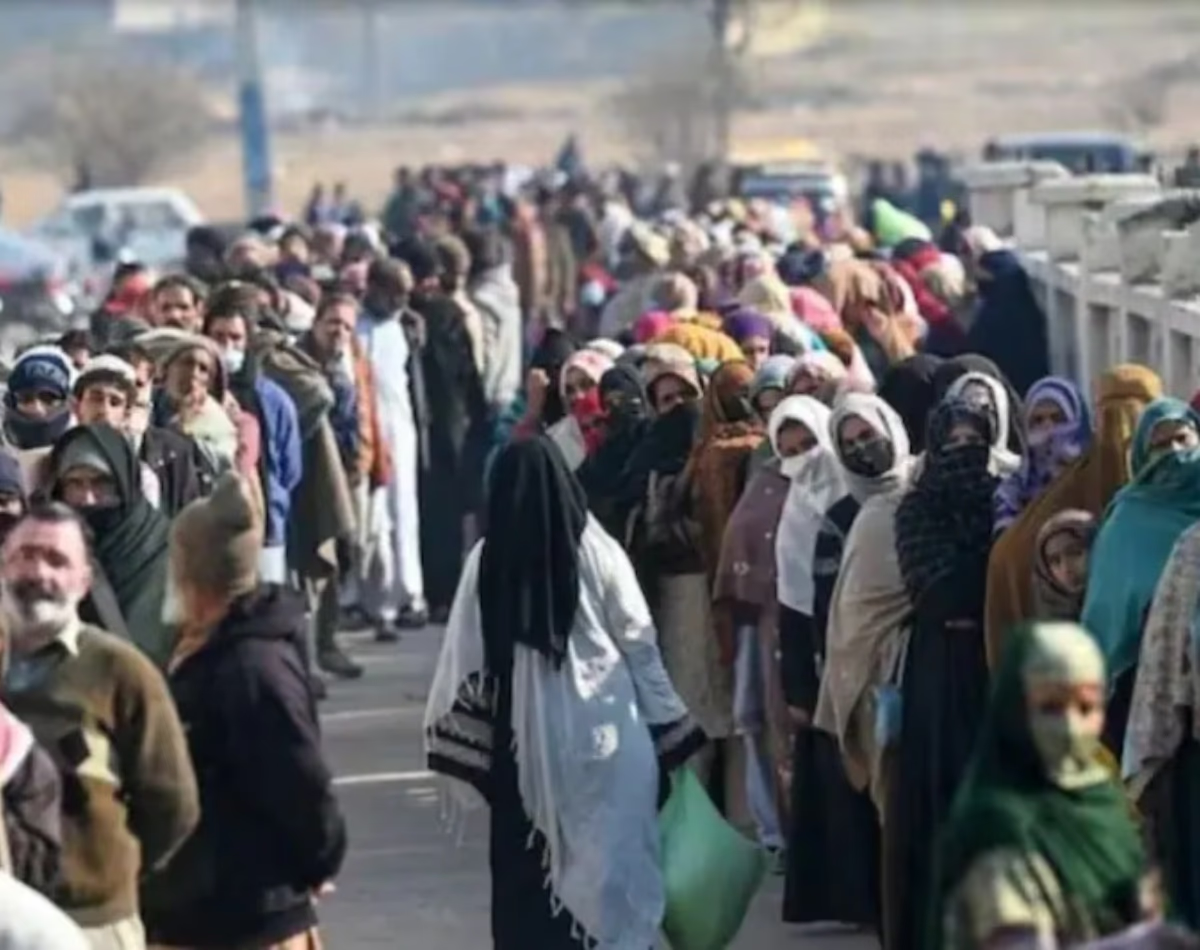
Source: aajtak
Despite minor improvements, inflation remains rampant in Pakistan, with basic commodities like flour, rice, and chicken often out of reach for ordinary citizens. The rising prices reflect this ongoing crisis.
The measures taken by India post-Pahalgam Attack are likely to further affect Pakistani citizens, as food and daily necessities could become luxury items amid expected inflation increases, anticipated to average around 24% in 2024.
India's Actions Stir Immediate Effects
Post-Pahalgam Attack, the decisive actions of the Indian Government have already started to impact Pakistan, from its stock market to the general population. The stock market sees continuous crashes, swallowing the hard-earned money of investors. Additionally, the suspension of the 1960 Indus Water Treaty has intensified Pakistan's water scarcity issues. According to reports, a single water bottle now costs approximately 105 Pakistani rupees.
